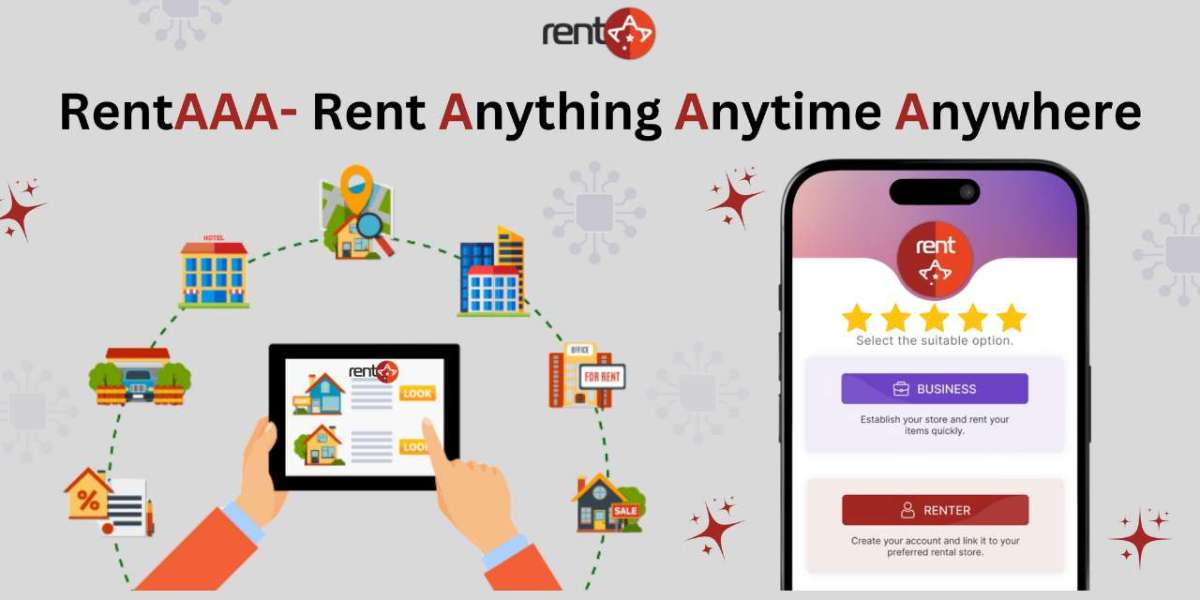From handling complex leases and tenant communications to maintenance scheduling and financial tracking, the workload can be overwhelming. That’s where commercial property management software becomes indispensable.
Designed to simplify, automate, and centralize tasks, this software helps property managers and landlords save time, reduce costs, and deliver a more professional experience to tenants.
What is Commercial Property Management Software?
Commercial property management software is a digital platform that streamlines day-to-day operations involved in managing non-residential properties. It provides tools to oversee leasing, maintenance, accounting, tenant relationships, and reporting—all from a single, integrated system.
Unlike residential solutions, commercial platforms often support complex lease structures, CAM (Common Area Maintenance) reconciliations, and customizable rent schedules, making them ideal for larger or multi-tenant spaces.
Key Features of Commercial Property Management Software
Lease Management
Handle multi-year, variable-rate, or percentage-based leases.
Automate renewals, escalations, and lease tracking.
Manage lease clauses and critical dates with reminders.
Tenant & Communication Portal
Centralized communication for inquiries, service requests, and updates.
Self-service access for rent payments, document uploads, and support.
Enhance transparency and tenant satisfaction.
Maintenance Tracking
Schedule preventive maintenance and log work orders.
Assign tasks to vendors or in-house teams.
Track costs and completion history for each property.
Accounting & Invoicing
Automate rent invoicing, late fees, and reconciliations.
Generate financial statements, budgets, and tax reports.
Integrate with tools like Xero or QuickBooks.
Reporting & Analytics
Real-time insights into occupancy, rental income, and expenses.
Customizable dashboards for owners and stakeholders.
Monitor KPIs and identify opportunities for growth.
Why Invest in Commercial Property Management Software?
Boost Efficiency: Automate repetitive tasks and eliminate manual spreadsheets.
Improve Cash Flow: On-time rent collection and accurate financial tracking.
Enhance Tenant Relationships: Offer better service and faster responses.
Stay Compliant: Meet legal, tax, and lease obligations with automated alerts.
Scale Confidently: Manage more properties with the same resources.
Who Should Use This Software?
Commercial property managers
Real estate investment trusts (REITs)
Facility and asset managers
Property developers with mixed-use spaces
Corporate landlords and leasing firms
Choosing the Right Platform
When selecting commercial property management software, consider:
Cloud-based access and mobile functionality
Lease and CAM support tailored to commercial spaces
Integration with accounting and CRM tools
Scalable pricing and customization
Strong customer support and onboarding
Final Thoughts
In a competitive real estate landscape, managing properties with spreadsheets and manual systems is no longer sustainable. With the right commercial property management software, you can modernize operations, improve tenant satisfaction, and optimize profitability across your portfolio.
Ready to simplify your workflow and future-proof your business? Explore smart solutions that bring automation, clarity, and control to your commercial property management.


